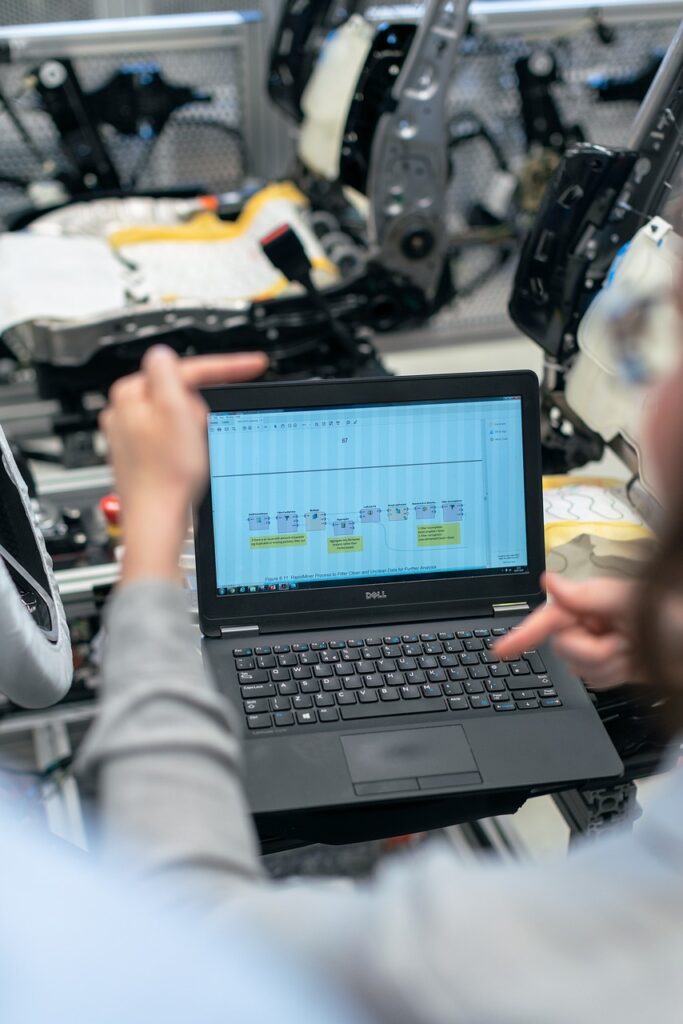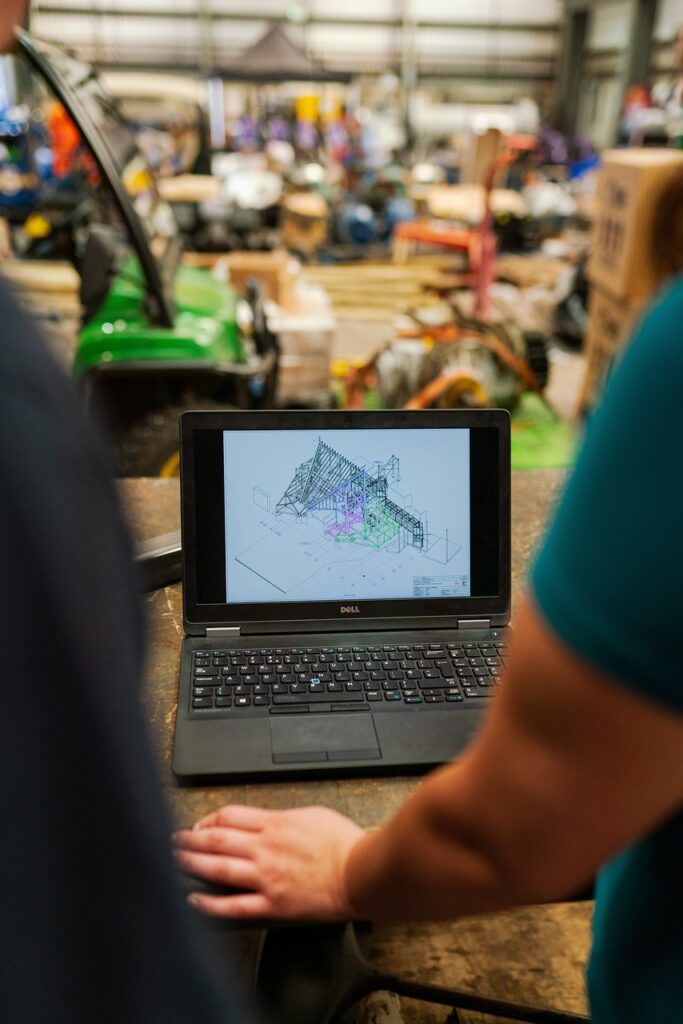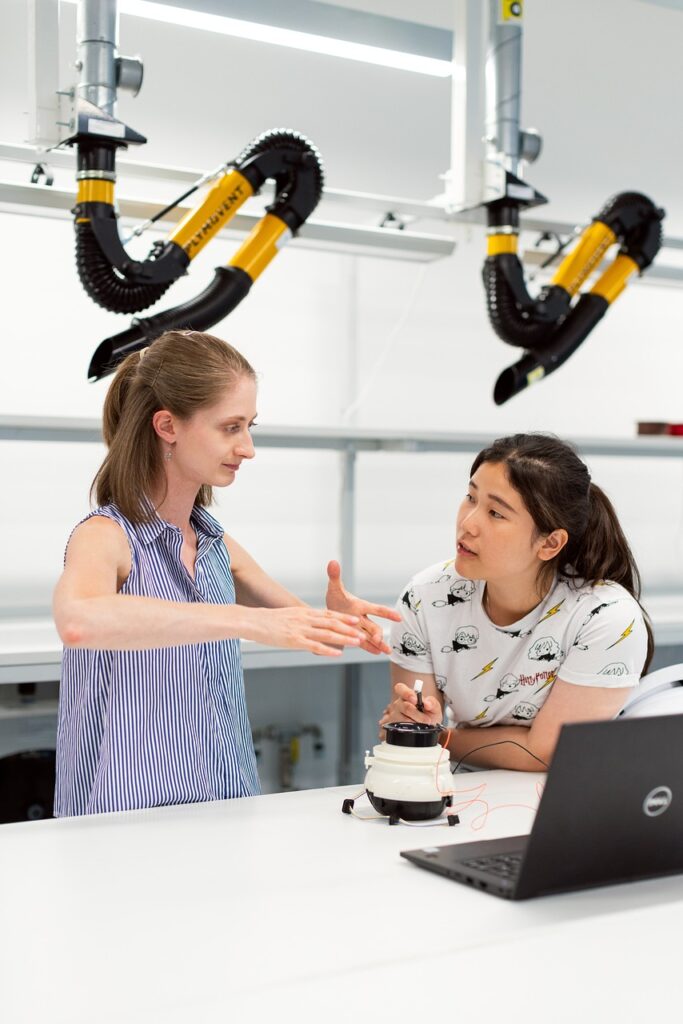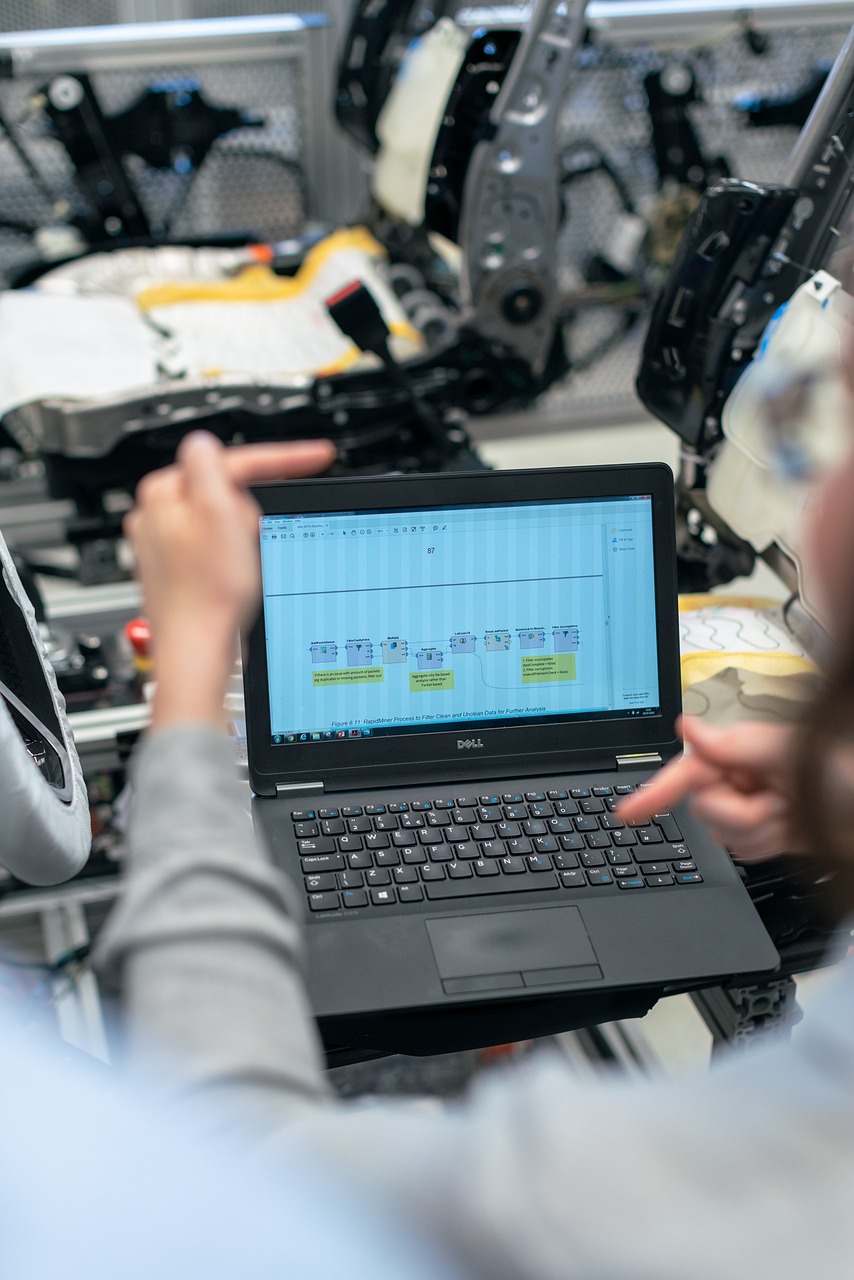Data science has emerged as one of the most in-demand fields, offering lucrative career opportunities. With the ever-increasing amount of data generated daily, organizations are looking for professionals to help them make sense of this information. In today’s post, I will talk about the essential skills required, the various roles available, and the exciting opportunities in the field of data science. This post is for those of you who are interested in data science but not sure what career you want to pursue and how to pursue it.
Required Skills
Data science requires both technical and nontechnical skills, as you will most likely be working with others in a team. Here are some examples of skills that are needed in this field.
Programming Languages: Knowledge of programming languages such as Python and R, as they are used for data manipulation, analysis, and visualization.
Statistics: Understanding statistical methods is crucial for analyzing data and building models.
Data visualization: The ability to create visuals can help communicate your findings. These visualizations can be built using Matplotlib, Seaborn, or other tools.
Machine Learning and Deep Learning: Understanding machine learning is necessary to build models that can predict outcomes. Deep learning is a subset of machine learning that trains computers using neural networks.
Soft skills: communication, critical thinking, and problem-solving skills are needed to present your findings and collaborate with others.
Jobs
Now, let’s talk about what you are most likely here for. Data science offers a variety of roles, each with unique responsibilities. Here are some of these jobs as well as the usual required education.
Data engineer: They make information available in efficient formats to be read by data scientists and business analysts. Typically, a bachelor’s degree in math, science, or business.
Data analyst: They interpret data, identify trends, and provide insights using analyses and visualizations. They help businesses make decisions using the data. Typically, a bachelor’s degree in mathematics or computer science.
Data scientist: This is the role that most of us think about when thinking about data science. They build predictive models, perform analyses, and develop machine learning algorithms. Analyzing the data allows them to make predictions about the future and solve complex business problems. Typically, a bachelor’s degree in data science.
Machine learning engineer: They design, build, and establish machine learning models that interpret data and build accuracy. They work on the artificial intelligence responsible for machine learning. Typically, a master’s degree or Ph.D in computer science.




Conclusion
As you can see, data science offers a variety of jobs, so it’s up to you what you ultimately choose to pursue. Additionally, you may not necessarily need to pursue a degree in data science specifically for some of these jobs. Nowadays, you can also receive certification by taking online courses which can help in some jobs. I hope this cleared up some confusion some of you may have had about possible data science careers!
